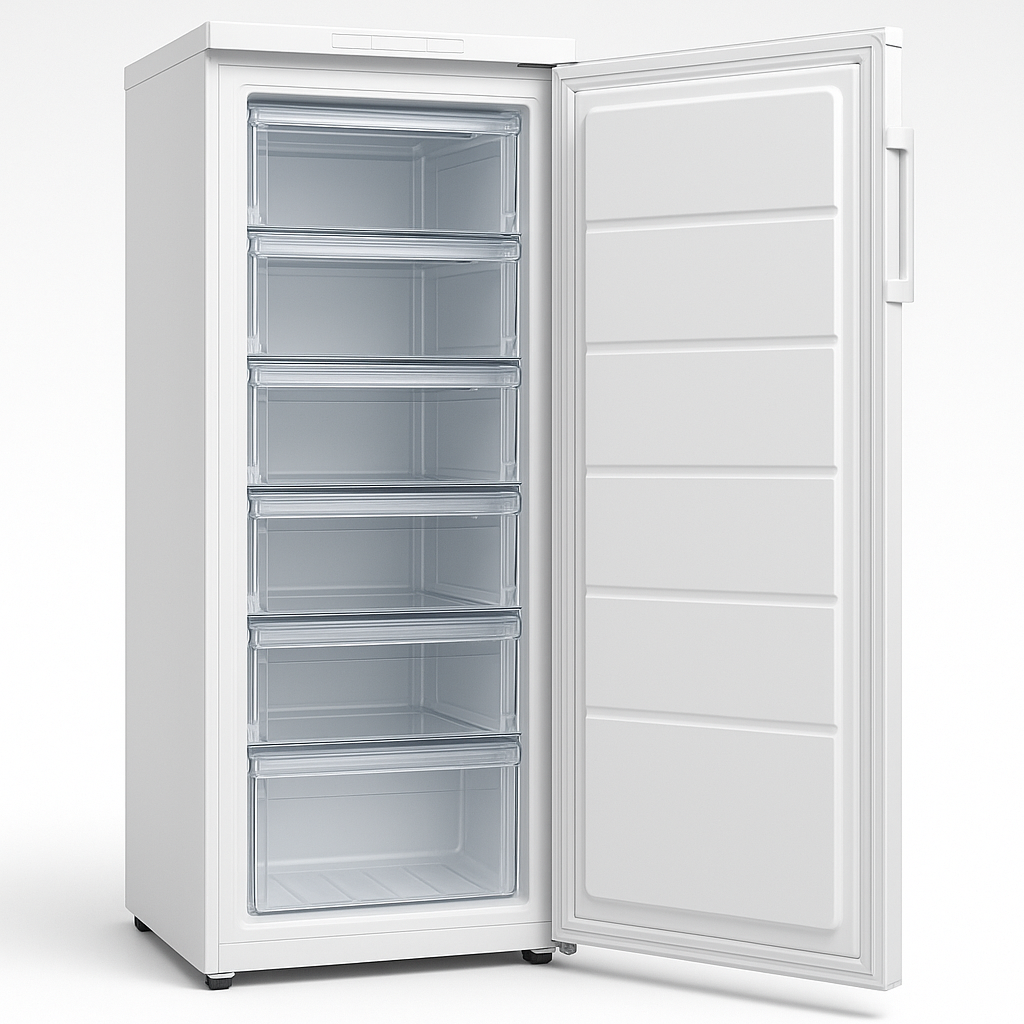15 Terms That Everyone Involved In Small Freezer Industry Should Know

The Ultimate Guide to Small Freezers: Maximizing Space and Keeping Food Fresh
When it pertains to modern living, space typically comes at a premium. For those residing in houses or homes with restricted cooking area area, a small freezer can be a game-changer. This useful device provides benefit and the capability to conserve money by buying wholesale, while making sure that your preferred foods remain fresh longer. In this extensive guide, we will check out the advantages of small freezers, what to search for when buying one, and pointers for optimizing your storage abilities.
Advantages of Small Freezers
Small freezers come with a host of benefits. Below are some of the main benefits:
| Benefit | Description |
|---|---|
| Space-Saving | Small freezers can easily fit into tight areas, such as under counter tops or in closets. These compact units are perfect for small cooking areas. |
| Affordability | Normally, smaller sized freezers are less costly than their larger counterparts, both in terms of purchase price and energy usage. |
| Food Preservation | They provide an outstanding method to protect food, permitting you to save leftovers, bulk purchases, or seasonal fruits and vegetables for later usage. |
| Lowering Food Waste | By freezing excess food, people can reduce wasting and waste. Freezers extend the life of items that might otherwise go uneaten. |
| Quick Access | Having a small freezer allows you to arrange and gain access to frozen products quickly, which can save time throughout meal preparation. |
Selecting the Right Small Freezer
When considering the purchase of a small freezer, numerous elements should be considered. The following table supplies insights into these elements:
| Feature | Consideration |
|---|---|
| Capacity | Examine just how much storage you require. Options typically range from 3 to 8 cubic feet. |
| Type | Choose between chest freezers, upright freezers, or drawer-style models based upon your requirements. |
| Energy Efficiency | Look for models with an Energy Star ranking, which can save you cash on electrical bills in the long run. |
| Temperature Control | A trustworthy temperature level control system makes sure food stays frozen at safe levels (-0 ° F or lower). |
| Sound Level | Think about the noise level; some designs operate more silently than others. |
| Movement | If mobility is important, think about models with wheels or lighter construction for simple maneuvering. |
Kinds Of Small Freezers
- Upright Freezers: Tall and slim, these models look like a basic refrigerator and often included racks, making company easy.
- Chest Freezers: These are wide and low, offering sufficient storage area and typically featuring an energy-efficient style.
- Drawer Freezers: These increase ease of access as they permit sliding drawers, making it much easier to save products without digging through.
Tips for Organizing Your Small Freezer
Preserving an organized freezer can improve efficiency and make meal preparation easier. Here are some reliable strategies:
- Label and Date: Always label containers and bags with contents and freeze dates to track what is readily available and the length of time it has been frozen.
- Use Clear Containers: Opt for clear storage bins to rapidly see what you have offered, assisting to prevent the purchase of replicate items.
- FIFO Method: Follow the First-In, First-Out (FIFO) technique by putting newly frozen products behind older ones to guarantee you utilize older foods initially.
- Classify: Group comparable products together, such as meats, fruits, vegetables, and prepared meals. This makes finding what you need quicker and easier.
- Vacuum Seal: Use a vacuum sealer for long-lasting storage to secure against freezer burn and maintain taste and texture.
FAQs About Small Freezers
1. How much electrical power does a small freezer usage?
- The energy usage differs by design and usage frequency, however usually, a small freezer can utilize between 200 to 500 kWh each year. Selecting an Energy Star-rated design can significantly decrease this number.
2. What should I keep in my small freezer?
- Perfect products to keep include meats, fruits, vegetables, leftovers, bread, and prepared meals. Prevent keeping items that ought to remain cooled, like dairy items.
3. How long can food be saved in a freezer without losing quality?
- Various foods have varying freezer life periods. Here's a general guide:
- Meat: 6 to 12 months (beef lasts longer than poultry)
- Vegetables: 8 to 12 months
- Fruits: 3 to 12 months
- Leftovers: 2 to 6 months
4. How can I prevent freezer burn?
- Freezer burn takes place when air enters contact with food. To avoid it, make sure food is kept in airtight containers or vacuum-sealed bags. Keep the freezer at a continuous temperature level of 0 ° F or lower.
5. Can I put a small freezer in the garage or basement?
- Yes, but ensure the area is temperature-regulated. Gefriertruhe Günstig Kaufen can make the freezer work harder and reduce efficiency.
A small freezer is a vital addition to any home, specifically for individuals or households seeking effective food storage solutions. By understanding the advantages, choosing the right design, organizing effectively, and utilizing it wisely, house owners can enjoy long-lasting food preservation and benefit. Whether you're meal prepping or maintaining seasonal produce, small freezers make it possible to minimize waste and maximize resources-- all while fitting perfectly into your offered space.

